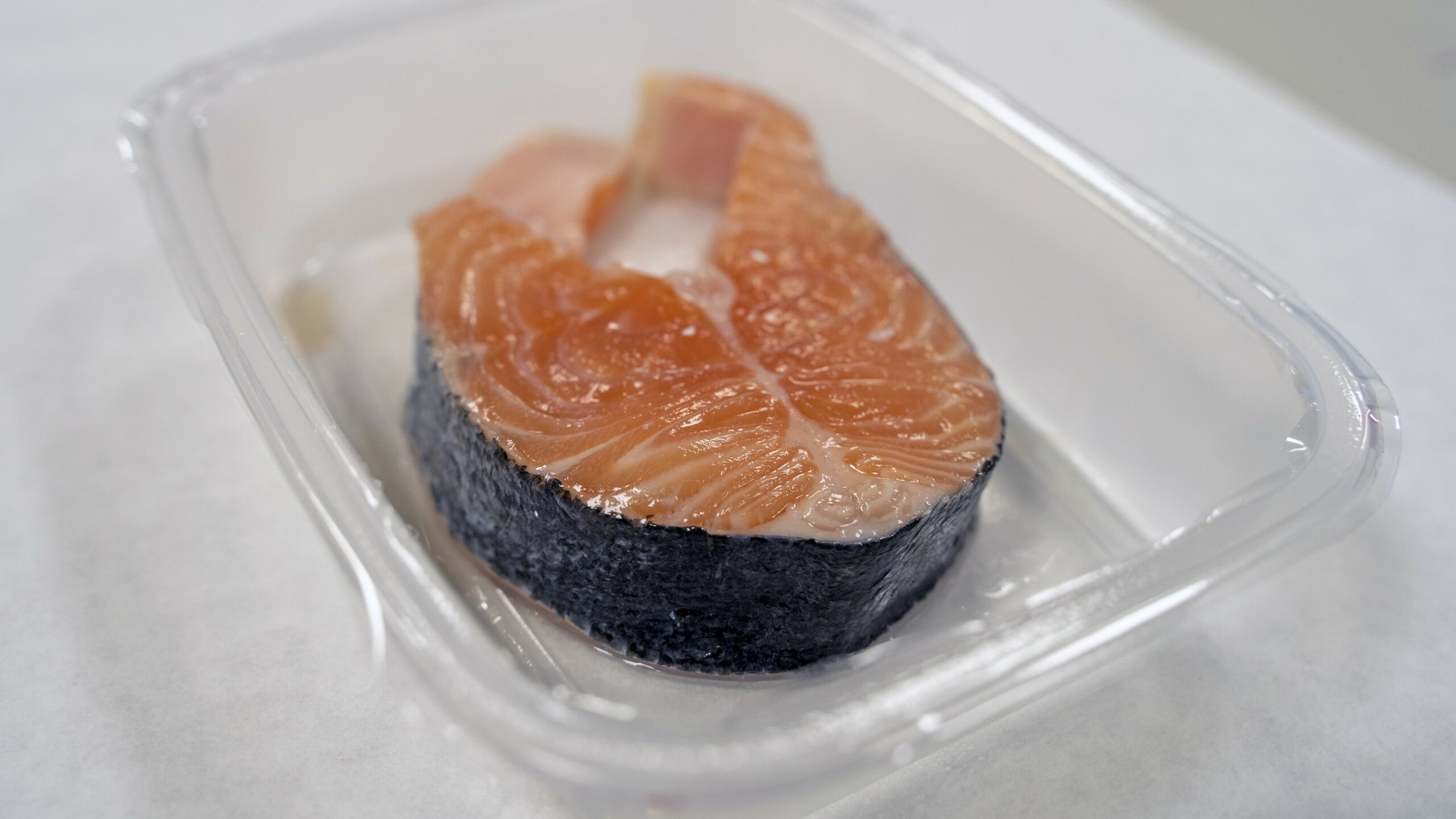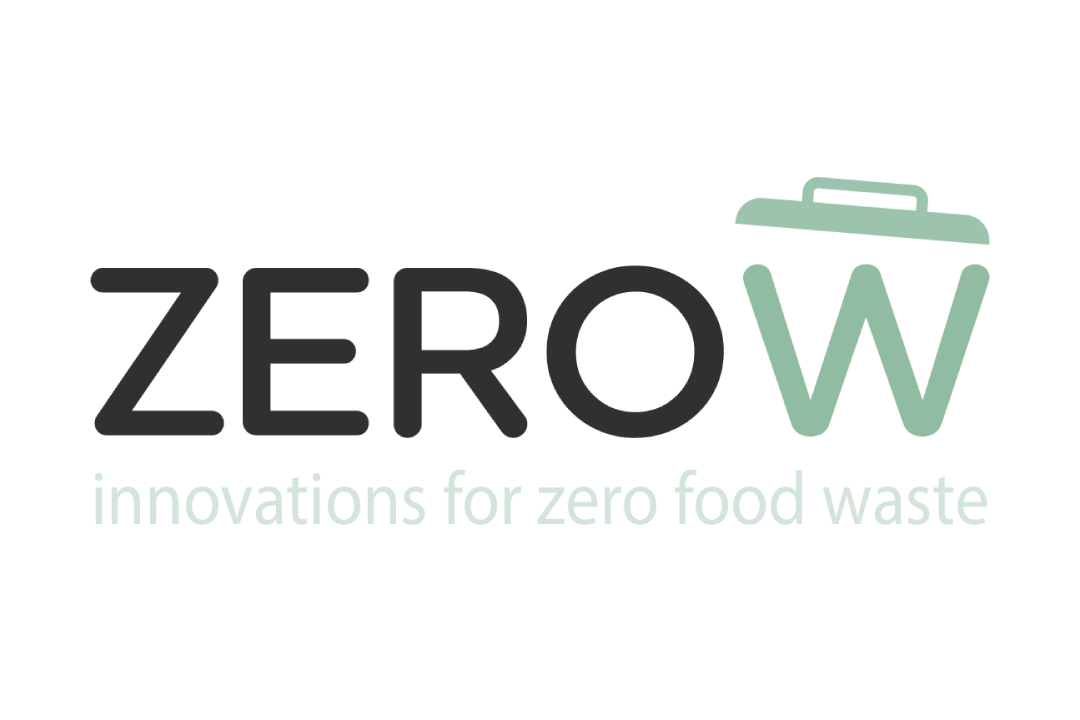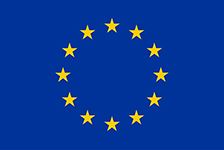ZEROW: Systemic Innovations Towards a Zero Food Waste Supply Chain

The main objective of the ZeroW project is to play a key role in the transition of current food systems towards halving Food Loss & Waste (FLW) by 2030 and reaching near-zero FLW by 2050. This project provides significant impacts through the demonstration of innovations in nine real-life food chains, by employing a systemic innovation approach, to effectively address the multidimensional issue of FLW.
Context
With food waste estimated at 30% of total production and with virtually no reduction in recent years, food chain initiatives need to address the situation.
In terms of European Union (EU) policy, the European Farm to Fork Strategy aims to halve food waste per capita by 2030. Similarly, the EC is required to propose EU-wide challenges for the reduction of waste until 2023.
Despite the progress made in recent years, there is little evidence of a methodology to reduce food loss along the entire supply chain or to achieve a “fair” impact among the actors in the supply chain. Given this situation, the transition towards a zero food waste scenario from production to consumption requires the participation of all actors in society given their capacity for collaboration and data exchange, as well as new initiatives.
Summary and objectives
The aim of the ZeroW project is to develop innovative solutions to reduce Food Loss & Waste (FLW) by half by 2030 and to reach a near zero food loss by 2050, and to develop policy recommendations to achieve this goal.
ITENE participates in the project together with 45 other partners of the consortium. ZeroW will demonstrate new initiatives in nine real food chains through a systemic innovation approach to effectively tackle food waste.
In addition, evaluations will be carried out to ensure the environmental and economic sustainability of the solutions provided, specific strategies will be created for different regions with the aim of stimulating waste reduction by private and public actors, and dissemination actions will be carried out.
It will also seek to demonstrate that the results obtained can facilitate progress towards a reduction of food waste by 2030, in line with the Green Deal, combined with appropriate policies.
Several sub-objectives are encompassed within the project:
1. Development and demonstration of solutions to reduce food waste.
2. Interoperability through the management of a European zero waste data space. The project also includes collaborative business and governance models for data sharing, as well as for the digital support needed by Systemic Innovation Labs (SILLs) and external users or solution developers to reduce waste.
3. Data-driven smart food waste services for digital support and mainstreaming of applications developed in the SILLs for use by external users.
4. Assessment of sustainability impacts, risks and trade-offs of demonstrated solutions.
5. Scaling up of solutions and innovation approach to food waste. Development of region-specific strategies to stimulate investment in waste reduction by private and public actors.
6. Commercial breakthrough of the innovative solutions designed.
7. Definition of a pathway towards near zero food waste, including EU intermediate targets, and policy recommendations.
8. Engagement with European, national and global initiatives towards FLW policies, regulation and commercialisation opportunities.
9. Dissemination and communication of the results and solutions achieved in the ZeroW framework.
Consortium
The ZeroW consortium brings together 46 partners from 16 countries, including 4 universities, 4 non-profit organisations and associations, 2 SMEs and 8 larger companies.
1. INLECOM COMMERCIAL PATHWAYS COMPANYLIMITED BY GUARANTEE (ICP) (Ireland). (Coordinator).
2. WAGENINGEN UNIVERSITY (WU) (Netherlands).
3. NEDERLANDSE ORGANISATIE VOOR TOEGEPAST NATUURWETENSCHAPPELIJK ONDERZOEK TNO (TNO) (Netherlands).
4. WATERFORD INSTITUTE OF TECHNOLOGY (WIT) (Ireland).
5. BIOSENSE INSTITUTE – RESEARCH AND DEVELOPMENT INSTITUTE FOR INFORMATION TECHNOLOGIES IN BIOSYSTEMS (BIOS) (Serbia).
6. DIGIOTOUCH OU (DIGI) (Estonia).
7. EIGEN VERMOGEN VAN HET INSTITUUT VOOR LANDBOUW- EN VISSERIJONDERZOEK (EV ILVO) (Belgium)
8. SAFE FOOD ADVOCACY EUROPE (SAFE) (Belgium).
9. FBCD AS (FBCD) (Denmark).
10. VLTN GCV (VLTN) (Belgium).
11. INSTITUTO TECNOLOGICO DE ARAGON (ITA) (Spain).
12. KONNECTA SYSTEMS LIMITED (KNT) (Ireland)
13. ITC – INOVACIJSKO TEHNOLOSKI GROZD MURSKA SOBOTA (ITC) (Slovenia).
14. FONDAZIONE ISTITUTO SUI TRASPORTI E LA LOGISTICA (ITL) (Italy).
15. INSTITUTO TECNOLOGICO DEL EMBALAJE, TRANSPORTE Y LOGISTICA (ITENE) (Spain).
16. ASOCIATIA TRANSILVANIA IT (ATIT) (Romania).
17. ASOCIATIA CLUSTERUL AGRO-FOOD-IND NAPOCA (ATC) (Romania).
18. FUNDACION CORPORACION TECNOLÓGICA DE ANDALUCÍA (FCTA) (Spain).
19. INSTITUTO ANDALUZ DE INVESTIGACION Y FORMACION AGRARIA PESQUERA ALIMENTARIA Y DE LA PRODUCCION ECOLOGICA (IFAPA) (Spain).
20. AgriFood Lithuania DIH (AFL) (Lithuania).
21. SINTEF AS (SINTEF) (Norway).
22. STICHTING KATHOLIEKE UNIVERSITEIT BRABANT (TIU) (Netherlands).
23. NOVAMONT SPA (NVMNT) (Italy).
24. SONAE MC – SERVICOS PARTILHADOS, SA (SONAE) (Portugal).
25. GRUPO EMPRESARIAL LA CANA (GLC) (Spain).
26. MULTISCAN TECHNOLOGIES SL (MST) (Spain).
27. UAB ART21 (ART21) (Lithuania)
28. LIETUVOS DARZOVIU AUGINTOJU ASOCIACIJA (LVPA) (Lithuania).
29. LIETUVOS MAISTO EKSPORTUOTOJU ASOCIACIJA (Lithuania).
30. F6S NETWORK IRELAND LIMITED (F6S IE) (Ireland).
31. ALLMICROALGAE NATURAL PRODUCTS SA (ALL) (Portugal).
32. UNIVERSIDADE DO MINHO (UMINHO) (Portugal).
33. INSTITUTE OF COMMUNICATION AND COMPUTER SYSTEMS (ICCS) (Greece).
34. INNOVATIESTEUNPUNT VOOR LANDBOUW ENPLATTELAND (ISP) (Belgium).
35. OPENBARE VLAAMSE AFVALSTOFFENMAATSCHAPPIJ (OVAM) (Belgium).
36. ICLEI EUROPEAN SECRETARIAT GMBH (ICLEI EUROPASEKRETARIAT GMBH) (ICLEI EURO) (Germany).
37. KMETIJSKO GOZDARSKA ZBORNICA SLOVENIJE KMETIJSKO GOZDARSKI ZAVOD MURSKA SOBOTA (KGZS) (Slovenia)
38. UNIVERZA V MARIBORU (UM) (Slovenia).
39. ROBIN FOOD (ROBIN) (Israel).
40. DIL DEUTSCHES INSTITUT FUR LEBENSMITTELTECHNIK EV (DIL) (Germany).
41. ASOCIACION DE INVESTIGACIÓN DE INDUSTRIAS CARNICAS DEL PRINCIPADO DE ASTURIAS (ASINCAR) (Spain).
42. AVES NOBLES Y DERIVADOS, S.L. (ALDELIS) (Spain).
43. TERMOFORMAS DE LEVANTE SL (TERMO) (Spain).
44. EROSKI SCOOP (EROSKI) (Spain).
45. VOEDSELBANK LIMBURG (VBL) (Belgium).
46. SVZ INTERNATIONAL BV (SVZ) (Netherlands).
ITENE’s role in ZeroW
Specifically, in the framework of WP4, ITENE is leading the Systemic Innovation Laboratory 2 (SILL 2), in which it will work on the design of a compartmentalised tray of fresh oily fish for salmon, developing an innovative packaging solution with compostable materials, as well as improving the barrier properties of the packaging. In addition, a colorimetric freshness label will be integrated to provide information to retailers about the shelf life of the product and to facilitate their stock management. ITENE will also develop a mobile application that will provide details on the state of the salmon to marketers and suppliers.
In parallel, the technology centre will participate in WP3, which aims to provide a set of data-driven intelligence services; and WP7, focused on exploitation, sustainability and commercialisation of the project results. It will also work on WP9 (cooperation with EC services and other projects or initiatives), WP10 (dissemination and communication) and project management (WP11).

